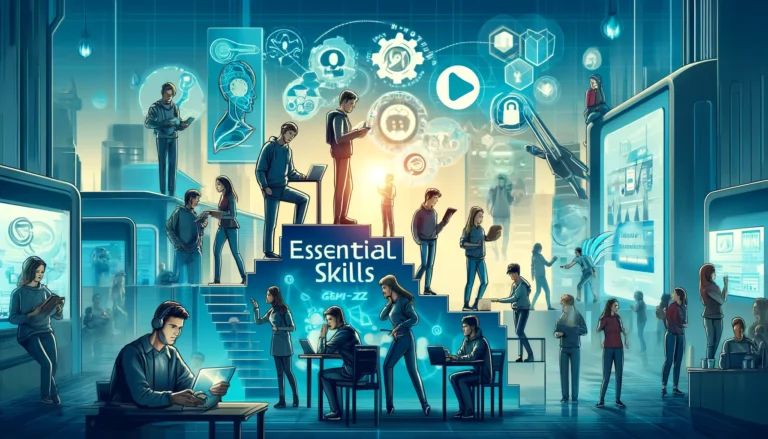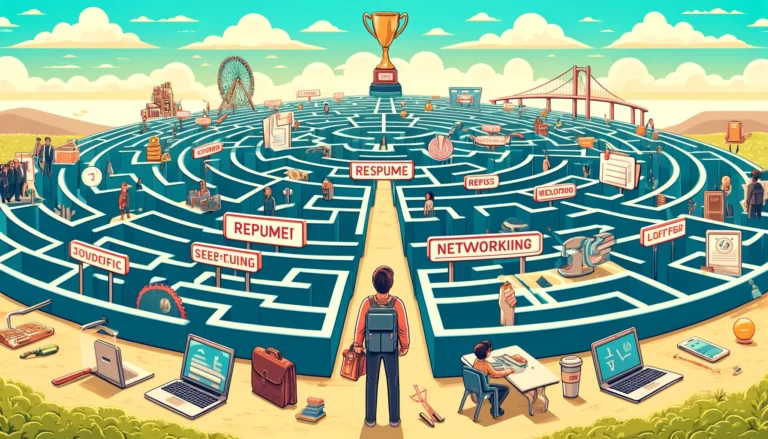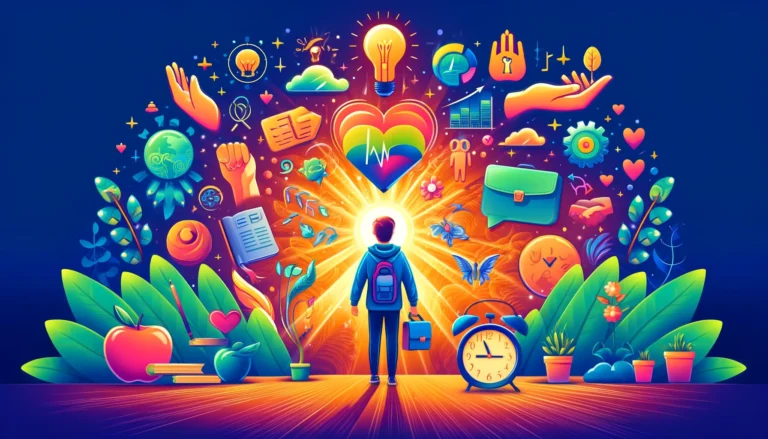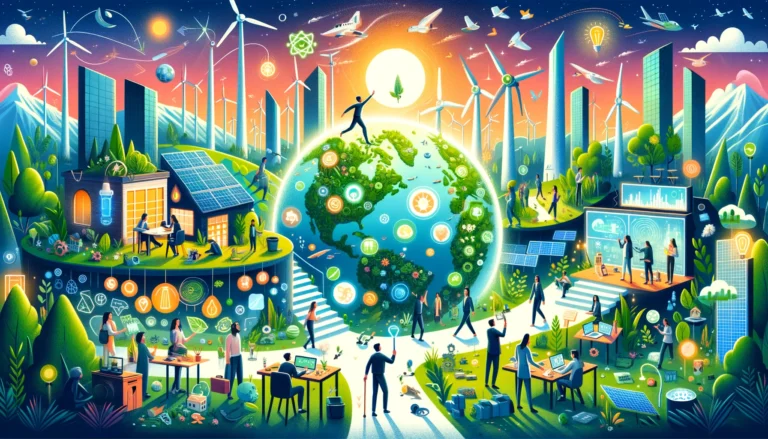As we stand on the cusp of a new era in the workforce, the future of work looks vastly different from what previous generations have known. Advances in technology, shifts in global economies, and the aftermath of the pandemic have reshaped the landscape, bringing new challenges and opportunities. For Gen-Z, entering the workforce means preparing for a future where adaptability, technological proficiency, and soft skills are more crucial than ever. Here are the essential skills Gen-Z needs to thrive in the future of work.
Digital Literacy and Technological Proficiency
In an increasingly digital world, proficiency in new technologies is non-negotiable. Gen-Z needs to be comfortable with digital tools and platforms, from basic office software to advanced data analysis and coding languages, depending on their field.
Adaptability and Flexibility
The ability to adapt to change and pivot when necessary is a key skill in the face of an ever-evolving work environment. This means being open to learning new skills, embracing change, and being resourceful in solving problems.
Critical Thinking and Problem-Solving
With the rise of automation, jobs of the future will rely heavily on human intellect and creativity. The ability to think critically, evaluate information from multiple sources, and devise innovative solutions will set individuals apart.
Emotional Intelligence (EQ)
The ability to understand and manage your own emotions, as well as recognize and influence the emotions of others, is crucial. High EQ leads to better communication, collaboration, and leadership abilities, fostering productive workplace relationships.
Communication Skills
Effective communication—both written and verbal—is essential in a globalized workforce. Being able to clearly convey ideas, listen actively, and engage in constructive feedback are all vital components of successful team dynamics.
Lifelong Learning Mindset
The future of work requires a commitment to ongoing personal and professional development. A lifelong learning mindset encourages continuous skill acquisition and personal growth, ensuring relevance in an ever-changing job market.
Sustainability and Ethical Responsibility
As global challenges like climate change and social inequality persist, businesses and workers alike are being called to act responsibly. Understanding the principles of sustainability and ethical decision-making will be increasingly important.
Conclusion
The future of work presents both challenges and opportunities for Gen-Z. By cultivating a diverse set of skills—ranging from technological proficiency to emotional intelligence—Gen-Z can navigate the future with confidence. The key lies in embracing change, committing to lifelong learning, and leveraging their innate digital savvy to create a more adaptable, innovative, and inclusive workforce.




